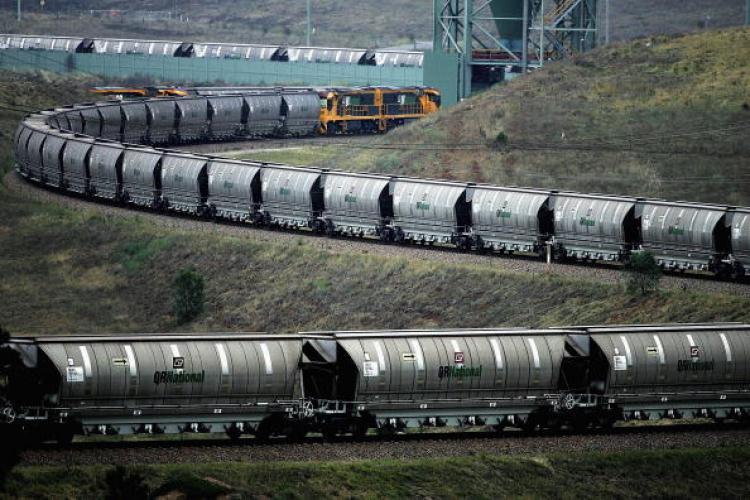Local Australian resource firms say financial institutions—driven by climate change—are constricting the industry by withholding vital insurance and loan services crucial for new mining projects.
Leading some companies to warn that global mining conglomerates—who can go offshore for financial support—will become more entrenched as smaller businesses risk closing. This comes as a parliamentary inquiry examines the impact the financial sector is having on Australian exports.





